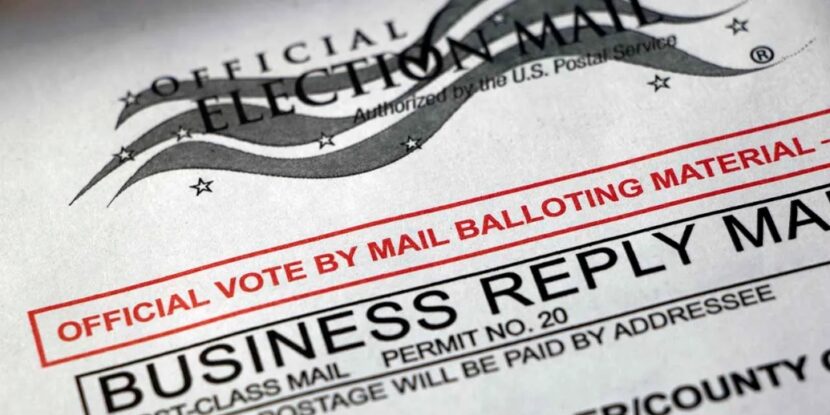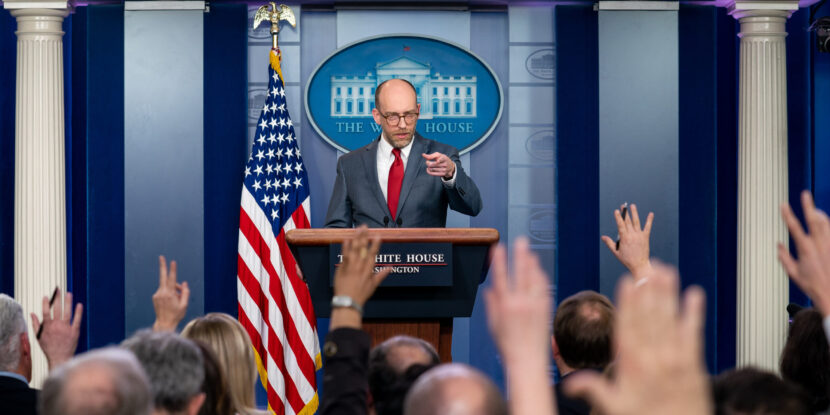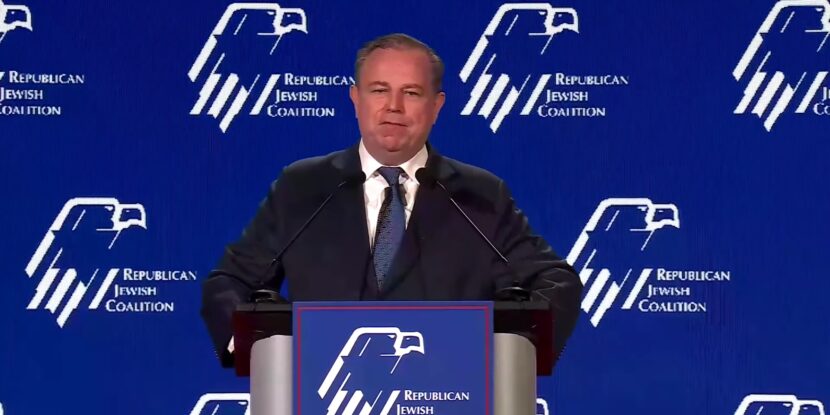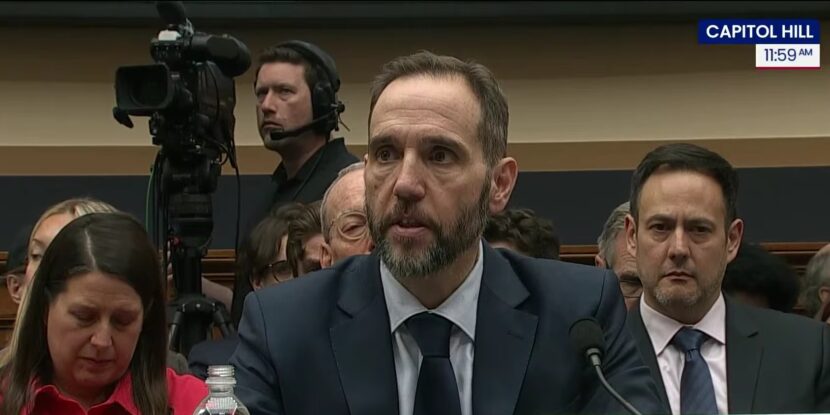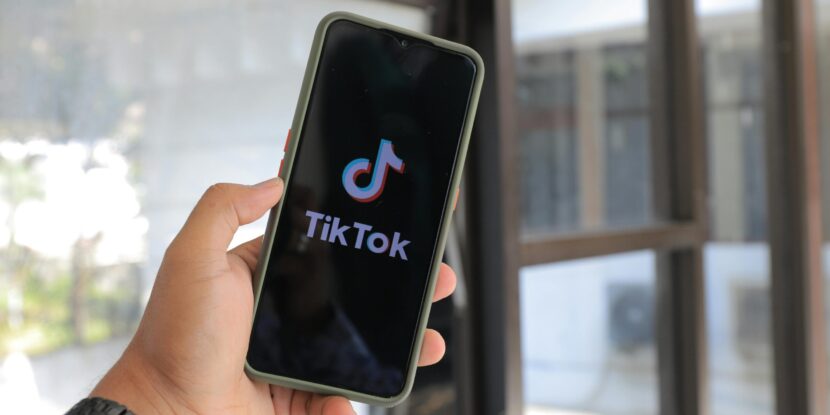On Monday, five Republican members of Congress initiated legal action against Pennsylvania‘s Secretary of the Commonwealth, Al Schmidt, and Jonathan Marks, the Deputy Secretary for Elections. The lawsuit alleges the swing state officials have “issued directives and guidance to county officials to exempt UOCAVA applicants entirely from any verification requirements,” referring to overseas voters applying for absentee ballots under the Uniformed and Overseas Citizens Absentee Voting Act (UOCAVA).
Reps. Guy Reschenthaler, Dan Meuser, Glenn “G.T.” Thompson, Lloyd Smucker, and Mike Kelly argue that officials are compromising election integrity by inadequately verifying voter identity for military and overseas citizens. Overseas voters are supposed to submit details such as partial Social Security numbers or state-issued driver’s license numbers to have an absentee ballot mailed or emailed to them. However, Marks said in 2022 that there is “no systematic verification” of UOCAVA voters. Pennsylvania Military and Overseas Voters Guidance issued in 2023 also states that UOCAVA voters “are exempt from the Election Code’s ID requirements for absentee voters.”
BAD ACTORS.
UOCAVA voters surged by 74 percent to 890,000 in 2020, and millions more American citizens and dual nationals living overseas remain to be tapped. The Democrats are pouring hundreds of thousands of dollars into turning out more overseas voters from swing states in 2024—and the process could be open to bad actors if there are few verification checks before a person living abroad can have a ballot sent to them.
“The Commonwealth’s practice is an illegally structured election process which makes Pennsylvania’s elections vulnerable to ineligible votes by individuals or entities who could purport to be UOCAVA-eligible, register to vote without verification of identity or eligibility, but receive a ballot by email and then vote a ballot without providing identification at any step in the process,” the lawsuit argues.
Joe Biden officially won Pennsylvania by just 1.17 percent in 2020.
